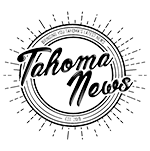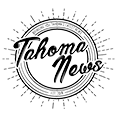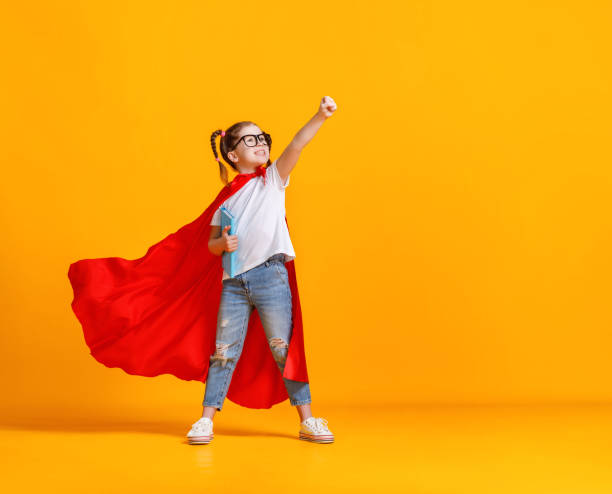Superheroes & How We Perceive Them
February 17, 2022
Do you remember making a blanket into a cape and pretending to fly, perhaps running around your kitchen thinking you were the fastest kid alive, or maybe even putting a finger on your head and trying to move a cup only to flick it so you could pretend to have telepathy?
When we’re young, we’re immediately introduced to the superhero genre. Whether that was watching Ben 10 in 2005 or The Avengers in 2012, it’s interesting to think about that first time as a child when you watch as the hero defeats the bad guy. You’re instantly hooked and suddenly you feel that bubbling rush of adrenaline, making you believe that you can do anything.
It’s the reason why so many people are interested in this type of genre. What’s fascinating is that even if you’re not into MARVEL or DC, or anything similar to that you’ll most likely know the names: The Flash, Supergirl, Wonder Woman, Black Widow, Hawkeye, Captain America, etc.
Why? Because their logos are worn on people’s shirts and you see bumper stickers on the back of cars. Their faces are plastered on billboards and signs outside of stores. They’re even in the toy sections at places like Walmart and now that Funko Pops are gaining popularity, we see them at places like GameStop.
As an eighteen-year-old, my views on superheroes have changed since I was a child. When I was a kid, I loved the idea of having powers and being able to help people. But now that I’m older I have a much more personal and deep perspective on them, which allows me to see them in a new way. I relate to both their flaws and strengths. But I couldn’t help but wonder, what do other people think about superheroes? Do others think the same about anti-heroes and villains?
So, I sat down with Meriel Grady, Will Aris, and Mr. Robert Anthis to hear what they had to say.
Meriel Grady, is a freshman and has a very deep take on superheroes.
“Now as a fifteen-year-old, I can easily spot the humanity in superheroes. Their morals have become clearer, they aren’t just people fighting “because it’s cool” anymore. As a child, we see everything through rose tinted glasses. . . Back then I tried to stay ignorant to protect myself, to keep my innocence intact and not let the terrifying truth of war and battle(s) be real. . . (but) they can teach very valuable lessons about loss and power in all different forms. Superheroes have stopped being something I crave to be. . . Don’t get me wrong I still absolutely love superheroes and all the fiction that comes with them, but now I know how to learn from the mistakes they have made. They were once a symbol of what I wanted to become, now they represent something I can learn from. Superpowered people will be as they have always been, strength in a form that we have idealized; so close yet so far.”
But Will Aris, a senior, says otherwise.
“Superheroes are — to me — fictional characters. I don’t find much deeper meaning to them, (and) I would like to be Deadpool, but it’s not really realistic. When I was younger, I wanted to be like heroes in the sense of having fantastical abilities. But now I just see them as entertainment or people that I can’t possibly be like.”
Finally, Mr. Anthis, who teaches Modern American Myths, an elective class that talks about the superhero genre offered some insight.
“So when I was a kid, superhero stories were always very simple, right? The good guy always won, there’s expectations that were involved in every superhero story. As I’ve gotten older, and I’ve noticed more people outside of my own existence, I’ve noticed the different type(s) of superheroes. . . and I think the industry’s evolving to be more inclusive and to see others that may not have been as interpreted as heroes before (the) heroes (we have) now.”
Clearly, superheroes hold different meanings to people. Despite the fact that all three interviewees are different ages, the one thing they had in common was the fact that the idea of the superhero genre changes as you get older. Because of that, our perspective on them changes (as do our favorite heroes) and sometimes we even connect with anti-heroes and villains. We do this because there’s something about the realism in those fantasy stories that provides us a connection.
I connect with Barry Allen, a.k.a. The Flash. But I’m curious, what superheroes, anti-heroes, or villains do you connect with?





Meriel Grady • Feb 17, 2022 at 12:18 pm
Loved this article Cj! Personally my favorite superhero is Spiderman/Peter Parker, I love the message of his story and how it mixes into his character. Plus I always thought he was cute as a kid